
#BlockTheBoats: Increasing impacts of activism on shipping operations
Renewed protests over shipping to Israel led to multiple vessels being denied port access globally. The KATHRIN’s journey in the past months highlights how activism can impact operations, with broader geopolitical factors suggesting this trend will continue.
Activists online alleged the cargo vessel was carrying explosives bound for Israel and tracked the ship using open-source data. At the end of its voyage, it likely stopped in Egypt, then continued to Türkiye, where activists boarded the ship in protest.
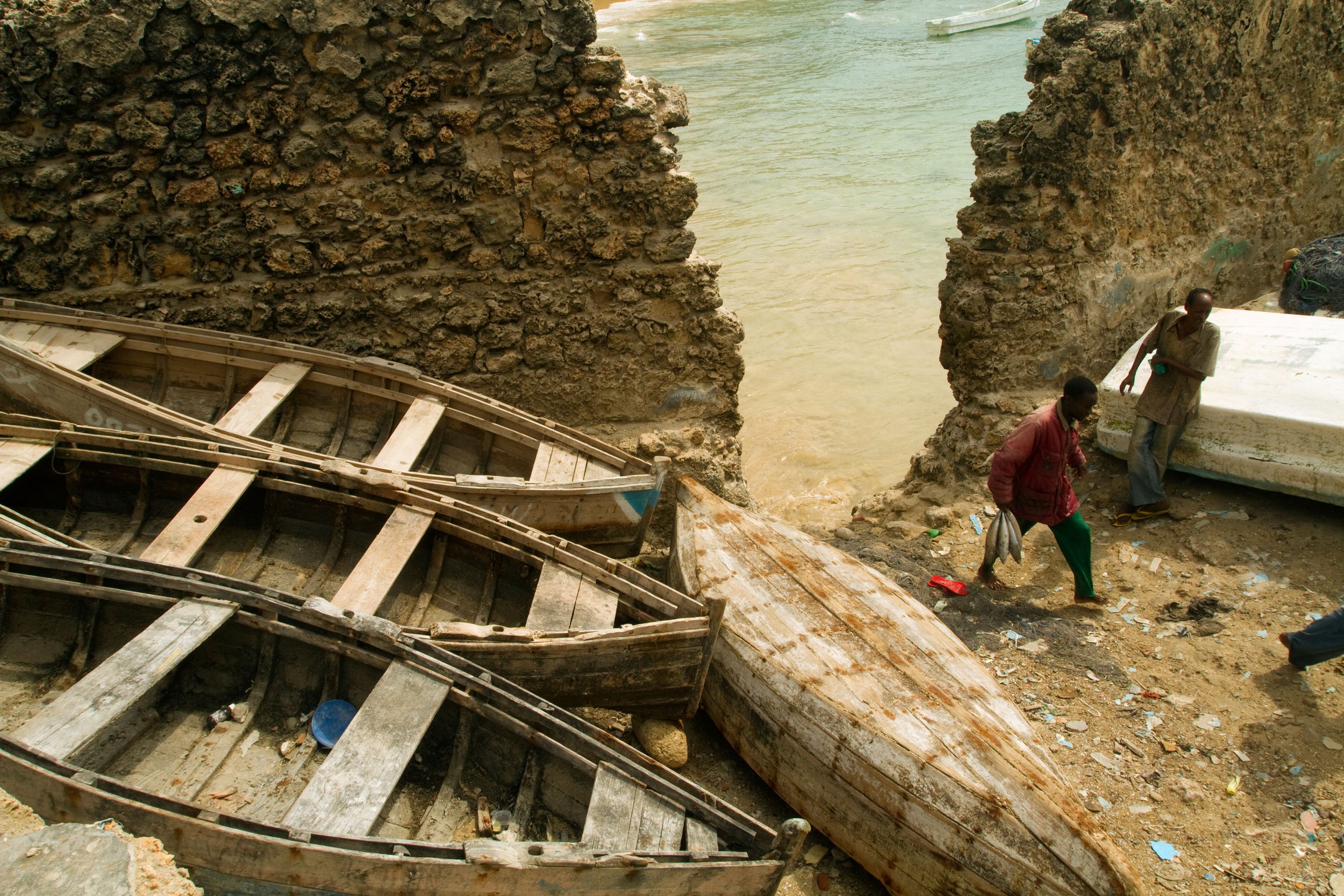
Exploring Somali responses to the surge in IUU fishing
Since Somali piracy declined in 2012, foreign fishing vessels have exploited the lack of governance in Somalia’s exclusive economic zone (EEZ), engaging in illegal, unregulated, and unreported (IUU) fishing. According to AIS data from GlobalFishingWatch, this has surged since 2017. Fishing hours in 2023 doubled those of 2022 and reached 15 times the 2017 level.
Local reports indicate that foreign vessels have adopted increasingly aggressive tactics, including ramming Somali boats, cutting nets, and even firing warning shots. Iranian-flagged vessels are most common, registering nearly 300 entries into Somalia’s EEZ in 2023.
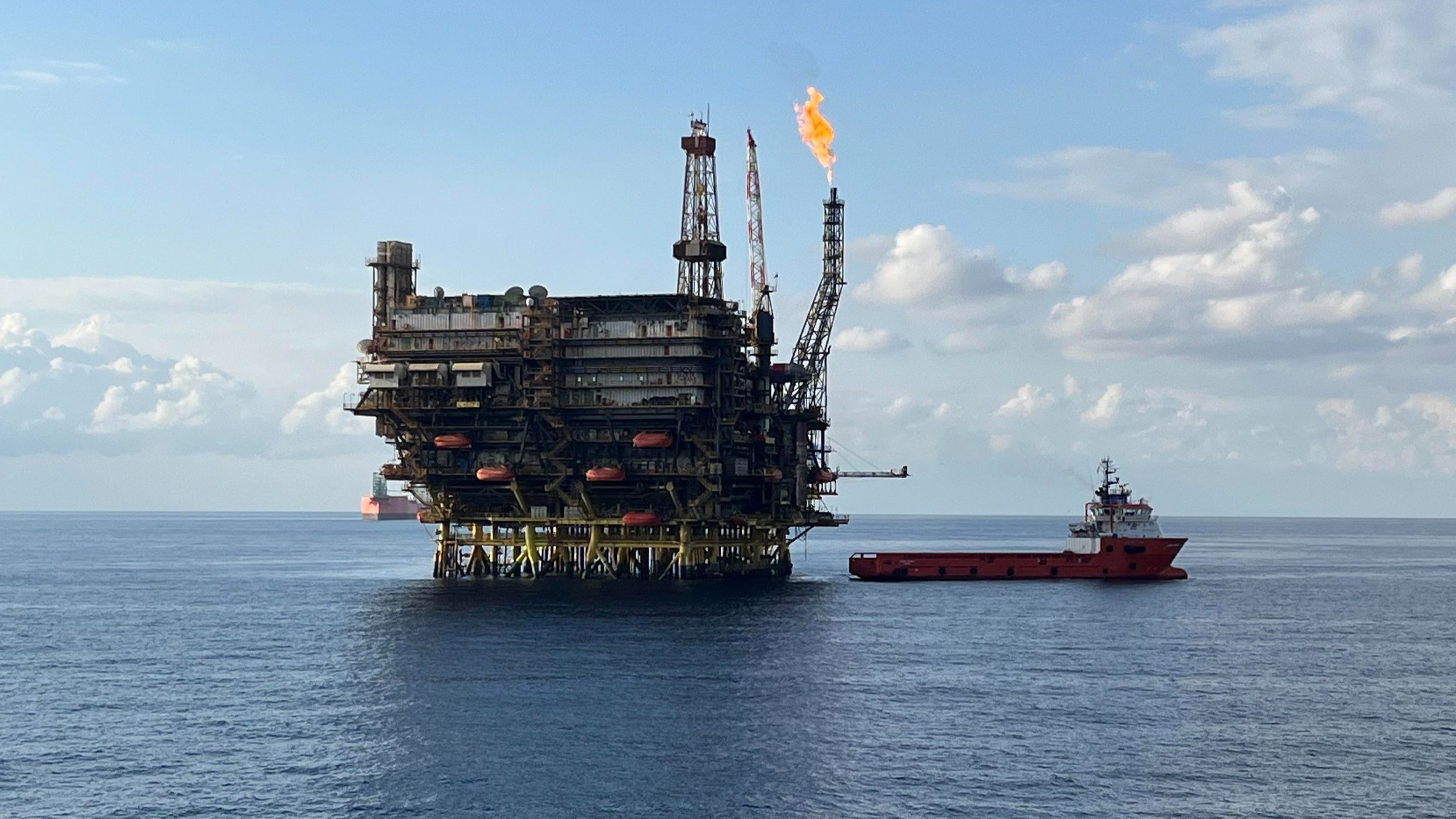
Fight for control of Libya’s Central Bank leads to oil terminals’ shutdown
The Force Majeure on oil exports declared by the eastern Libyan government comes in reaction to the perceived efforts by its Tripoli-based adversary to seize control of the Central Bank of Libya.
Western Libya is going through yet another period of instability under Government of National Unity’s (GNU) Prime Minister Dbeiba, who is seeking control of new sources of income for his discretionary spending.
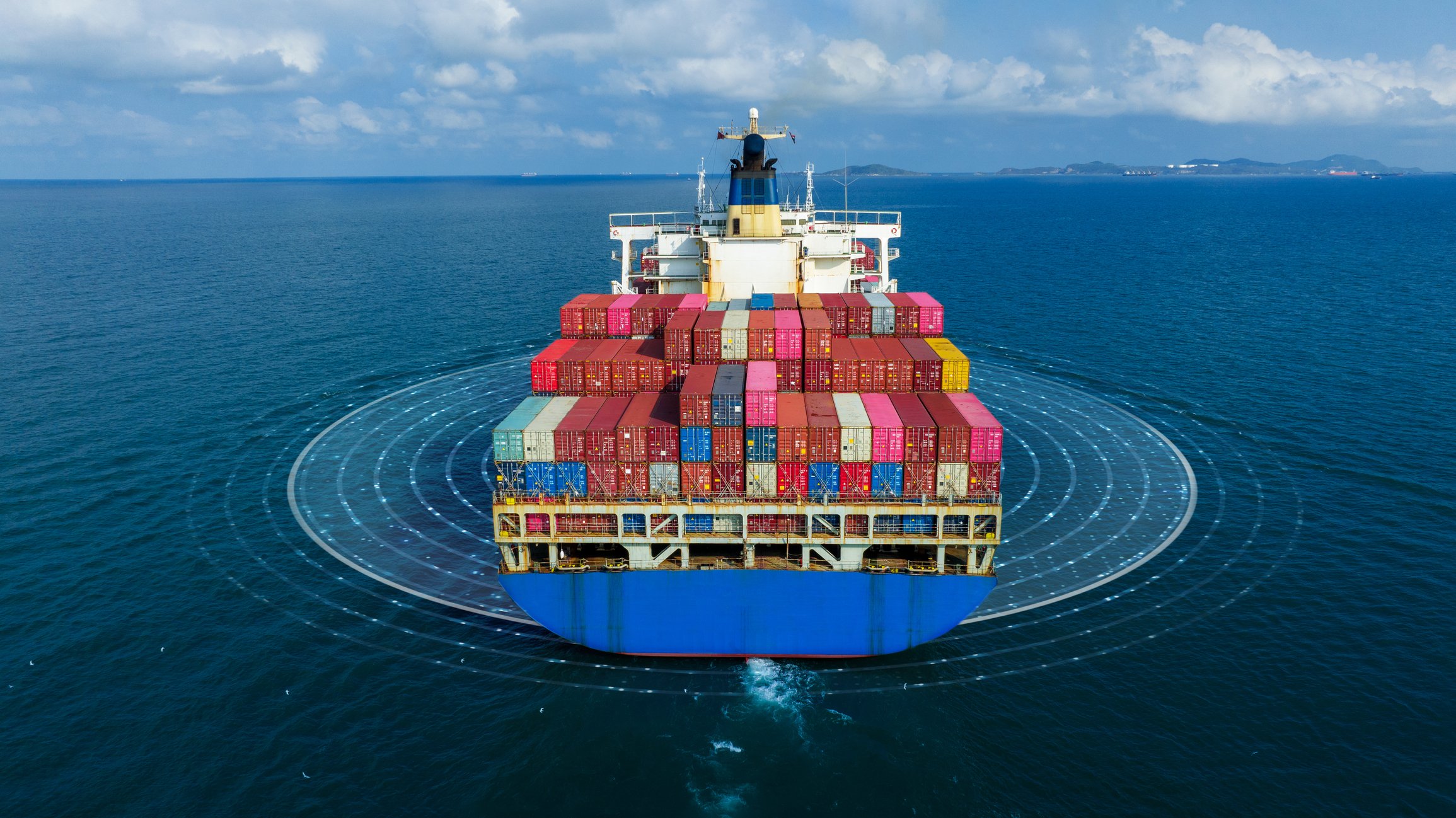
Maritime Dangers of GPS/AIS Spoofing and Jamming in the Baltic Sea
The Baltic Sea has experienced an upsurge in GPS and AIS jamming incidents. Several reports are known of aircraft and commercial vessels losing connection to electronic positioning systems across the Baltic Sea. These activities are primarily attributed to Russia's strategic positioning around Kaliningrad and its response to NATO's expanded presence following the inclusion of Sweden and Finland into the alliance.
The jamming affects both civilian and military navigation, leading to increased risks of accidents and operational inefficiencies. The Baltic Sea's dense maritime traffic and its importance for NATO's eastern flank make it particularly vulnerable to such electronic threats.

Russia and Haftar’s Libya National Army grow closer
Over the past few months, Russia and eastern Libya have been engaged in a rapprochement. The nature of the rapprochement and what form it may ultimately take is still uncertain, although evidence points to Russian efforts at military entrenchment in northeastern Libya and North Africa.
Led by former Gaddafi officer Khalifa Haftar, the Libyan National Army (LNA) is the dominant military power in eastern Libya as well as a critical political actor and has recently hosted a number of visits by Russian military officials.

Fraud and corruption: The background noise facilitating maritime criminal activities
Cargo vessel operators have encountered blatantly corrupt activities at ports throughout the world. For decades the activity continued unabated until 2011 when the UK Bribery Act came into force and its far-reaching consequences well beyond the United Kingdom came to light.
The UK Bribery Act was not the only corruption-fighting legislation to come on the scene. Once these new laws got the attention of global businesses, not only were concerns raised regarding facilitation payments, but every aspect of corporate entertainment, including the provision of meals and other client perks, came under scrutiny in an effort to reduce exposure to the penalties presented by the new and far-reaching laws

Sailing Towards Maritime Security: A Strategy for a New Era?
The European Union’s approach to maritime security is evolving consistently. The recently updated strategy paper and action plan present a dynamic approach to new challenges and threats, international law enforcement, cyber security, and environmental protection. Whether the initiative will be sufficient to counter the multiplicity of contemporary threats remains to be seen.
Over the years, the EU has adjusted its approach to maritime security. Although delayed, it started by recognising the need for a comprehensive strategy from 2007 onwards. The conceptualisation phase from 2010 to 2013 faced initial resistance but was supported by a study highlighting the necessity of a universal strategy.

Rip-on/rip-off modus operandi - what is the impact for the shipping industry?
The organised criminal groups responsible for cocaine trafficking worldwide are continuing to evolve their routes and methods. The most frequently used modus operandi, known as ‘rip-on/rip-off’, represents a potential threat to shipping and logistic companies.
Cocaine trafficking is a global business which is managed by organised criminal groups (OCGs). Most cocaine is produced in Latin American countries, and it is later illegally trafficked on a global scale through different routes and modus operandi. It is estimated that 90% of the cocaine produced is moved via sea. Many times, these groups smuggle cocaine on merchant ships, making them unwittingly complicit and threatening their operations.

Turkey votes for its future
Turkey held general and presidential elections on May 14, 2023, with no decisive winner emerging on May 15, although indications suggested that the incumbent, Erdogan, would survive the vote, including winning a majority in the parliamentary election. The opposition coalition led by Kılıçdaroğlu presented a serious electoral alternative, campaigning to restore ties with Europe and NATO, and to restore Turkish democracy.
General and presidential elections were held in Turkey on 14 May 2023. The last elections were in June 2018. A presidential candidate must achieve above 50% of the vote in order to be elected. No decisive winner emerged on Monday 15 May – although some indications were that the incumbent Erdoğan would survive the vote – including winning a majority in the parliamentary election. For president Erdoğan, and his Justice and Development Party (AKP), this election was a high stakes contest – with political survival hinging on some of the narrowest poll margins.

Climate activists united in Global Climate Strike 2023
The climate change activism group Fridays for Future is in their final preparations for their yearly Global Day of Climate Action, held on Friday, 03 March 2023. The climate activists will protest the continued use of fossil fuels, demanding an immediate end to the financing of international fossil fuel projects.
As protests are expected to occur on almost every continent, hundreds of demonstrations have already been registered worldwide. Most protests are planned in North America and Europe. The European countries with the most registered protests include Germany, the United Kingdom, Sweden, and Italy.

Indonesia: The consequences of unauthorised anchoring
Since the commencement of the Indonesian Navy's focused campaign in 2019, many vessels have been fined and detained off Bintan Island and along the Riau Archipelago due to anchoring or drifting in Indonesian territorial waters without first obtaining authorisation from local authorities. In late-2021 and early-2022 several Protection and Indemnity insurance companies (P and I Clubs) issued updated advisories to their members regarding an increase of continued vessel detentions, urging their members anchoring within Indonesian waters to fully comply with the local regulations.
Globally there are few coastal states that will tolerate unauthorised anchoring. In Southeast Asia, Indonesia, like Malaysia, has stepped up enforcement activities directed at vessels that anchor without authorisation, as well as vessels that deviate from sailing routes and those that conduct ship-to-ship operations without authorisation or in prohibited areas for such activities.

Iran and the United States still deadlocked over nuclear issue
Talks to reinstate the 2015 JCPOA agreement between Iran and international community remain deadlocked. The Ukraine situation has again affected the talks as the US has imposed new sanctions on various Iranian entities. Head of Intelligence Analysis, Dr. Guy Wilson-Roberts has a briefing.
Despite some optimism at the end of August that a deal was close, talks between the United States and Iran (which also include the EU, Russia, and China) remain deadlocked. Iran is pushing for more guarantees that any lifting of the crippling sanctions imposed against it will be more enduring and not subject to the political mood in Washington. The United States wants to ensure that Iran’s nuclear ambitions can be put permanently on the shelf, particularly to forestall any unilateral action by Israel.

Activism, industrial action, and the Russian invasion of Ukraine
The war in Ukraine has had a profound impact on the world’s supply-chains. The major Ukrainian seaports not captured by Russia have reportedly been mined to prevent amphibious operations, and the routes are blockaded by the Russian Black Sea Navy, leading to significant changes in trade-routes and issues transporting agricultural products. However, outside the war zone, the war has also led to a decentralized activist response against Russian energy products, with numerous cases of maritime incidents related to protests, activism, and industrial action over Russian invasion.
In the early stages of the war, environment, and peace activists, who often have the same ideological baseline, were very active in harassing Russian vessels, or vessels transporting Russian energy products. This happened on numerous occasions, where vessels were blocked at ports, by locks, at anchorages, and elsewhere, to prevent them from accessing port infrastructure or conduct transfers, with incidents happening both in the US and Europe.

Chinese/Taiwanese rivalry finds new arena in Somalia
China and Somalia have long maintained a close relationship with each other. Somalia was the first country in East Africa to establish diplomatic relations with China, shortly after their independence in 1960. The country also supported China in their successful bid to obtain a permanent seat in the UN Security Council in 1971, as is often noted by Chinese diplomats.
China’s engagement in Somalia has mostly been of an economic, development or cultural character, although China also delivered non-lethal military aid to Somalia as recently as March 2022. Several natural resources in Somalia have China’s interest. Fishing is a major business in Somalia, which has the longest coastline in continental Africa. China has been investing in the industry both in terms of fishing licenses and a fishing port in Eyl.
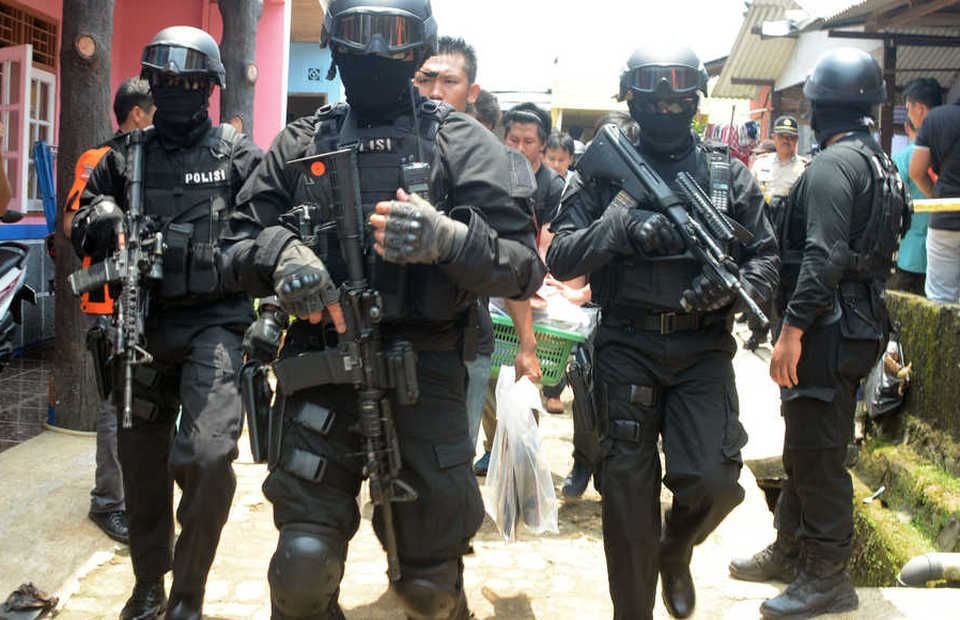
Insurgent and terrorist activity in Asia
Terrorist and insurgency groups in Asia remain active. At times, the tactics employed skew the respective distinctions. As an example, one of the most notorious of these groups, Abu Sayyaf (ASG) operating in the southern Philippines, sought to establish an autonomous Muslim state. Joined by other like-minded militants including the Maute Group, they laid siege to Marawi for several months in 2017, battling the Philippine armed forces until they were pushed back to their jungle strongholds along the Sulu Archipelago.
Subsequently the ASG began to employ terrorist tactics that included the murder of hostages and more recently the deployment of suicide bombers at police and military posts, markets and places of worship, all resulting in civilian casualties.

Libya: How is the reunification of Libya progressing?
How is the reunification of Libya progressing? The Force Majeure on Libyan oil terminals has reminded us that with the 2021 elections cancelled, and with no clear path forward, political figures in Libya are struggling for control of a process that seems to be stalled.
Libya is still divided in two. Following the cancelled December 2021 elections, the country is no closer to reunification than it was before the Government of National Unity (GNU) took power in early 2021. The GNU is based in Tripoli and controls the west, whereas the Libyan National Army (LNA), based in Benghazi, controls the east.

Arms smuggling in the Mediterranean
The issue with arms smuggling, spans from the wider threats to regional and national security to the narrower regarding localised and individual security. However, the issue goes beyond this.
There is also an impact on the logistics sectors which are impacted by the operations of smuggling arms – illicit or otherwise. Additional concerns include the safety issue of inadvertently transporting potentially explosive materials and the possible dangers, to crew and vessel, or any other mode of transport.
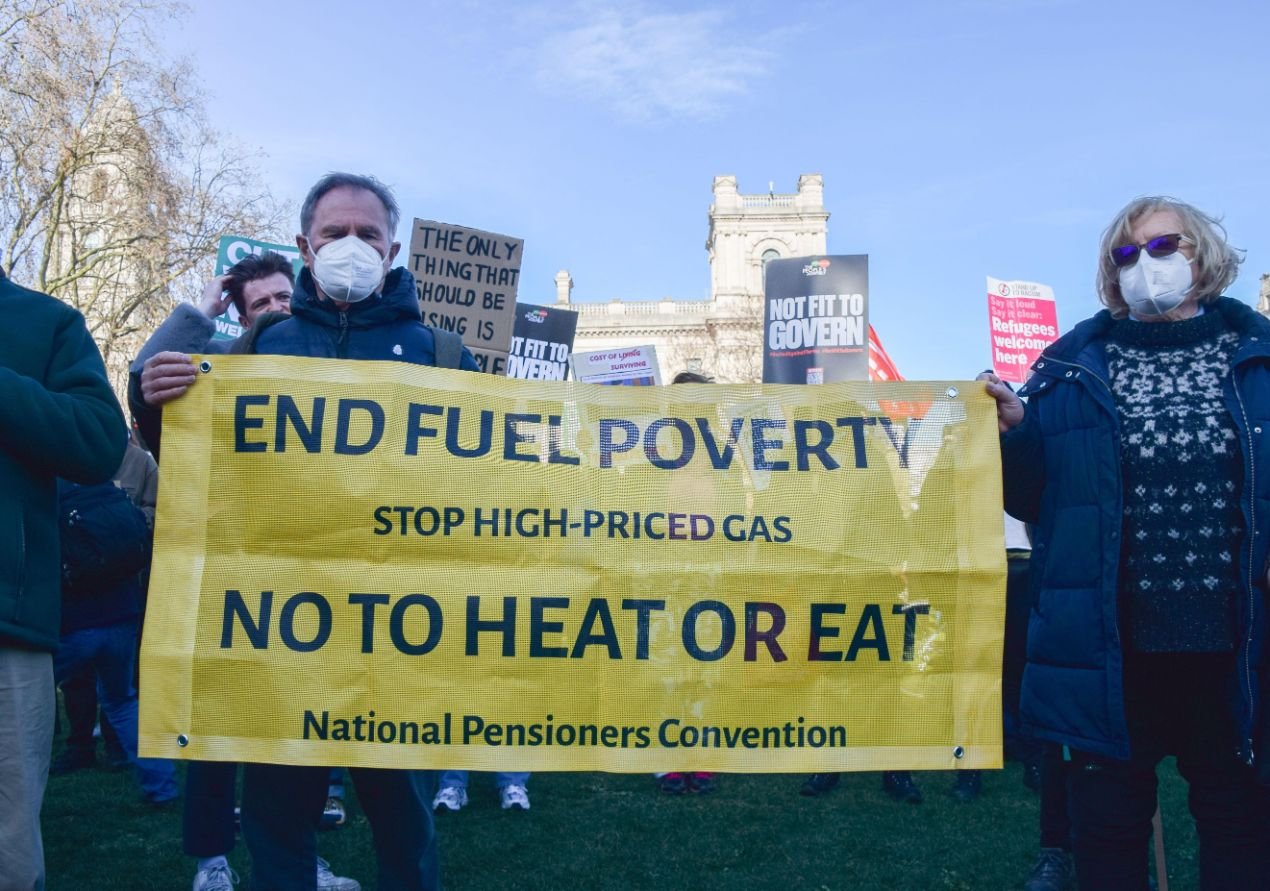
Climate activist protests in the UK – putting the squeeze on oil terminals
The Ukraine conflict has placed an increased focus on the use of fossil fuels, particular as western nations scramble to find stop gap alternatives to Russian oil and gas.
This increased media attention may have contributed to the latest round of climate activist protests across the UK. On 01 April 2022 climate activists blockaded 10 separate oil terminals/facilities across the UK in London, Essex, Southampton, Staines, Hemel Hempstead, and Birmingham. This was a coordinated action by the Just Stop Oil and Extinction Rebellion climate activist groups. A truck parking site frequented by tanker trucks located close to an oil terminal was also targeted.

Activism - what is next for Spain
Although the immediate threat of violent protests against the supply chain in Spain has passed, activism remains a potent component of the national social/political makeup. Demonstrations and protests are common. Powerful and well organised unions have overseen major strikes and disruptions across multiple industry sectors in the past.
Most often protests focus on socio-economic issues and take place in major cities near government institutions or other official buildings. Apart from localised disruption, these protests do not have much impact on transport and logistics.

South Asia port security: Sri Lanka fuel crisis
Sri Lanka has been grappling with its worst energy crisis in over seven decades, caused by the shortage of foreign exchange. The fuel shortage has resulted in long queues of vehicles lining up outside gas stations, industries that rely on diesel to operate at a suboptimal level, and frequent power cuts.
The Sri Lanka government has started fuel rationing for vehicles and imposing power cuts for up to 13-hours daily. There were daily protests in the country demanding the resignation of President Gotabaya Rajapaksa and his government. Over the last two weeks, protesters demonstrated in various locations in Colombo, setting fire to buses, pelting stones, and blocking major roads leading to Colombo.
